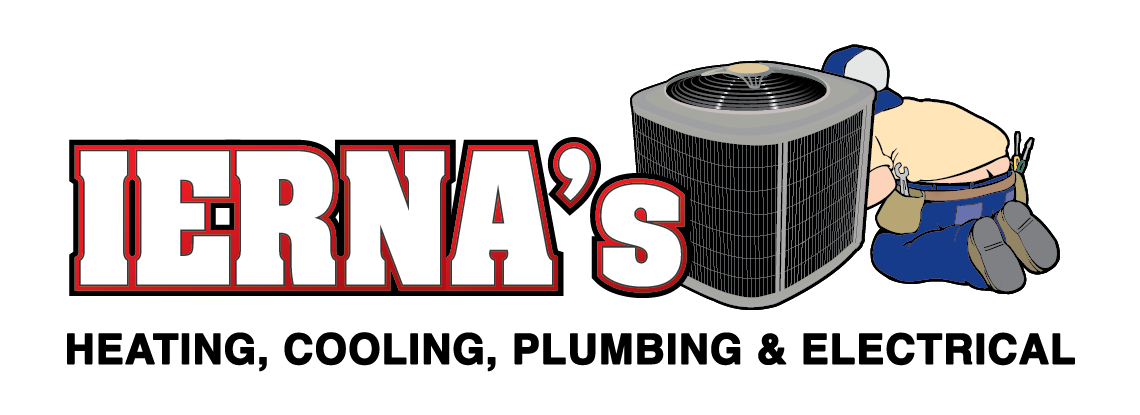
Spring has officially sprung, and if you aren’t already, this week is typically when most homeowners start using their air conditioners on a regular basis. Soon, you’ll be using it day and night, and as such you need it to operate under extreme pressure—given our very hot and humid climate. The last thing you need is a sudden breakdown and emergency air conditioning repair when summer is at its peak.
Fortunately, most air conditioning repair needs give out signs and symptoms long before they force your cooling system to shut down. And while we discourage you from attempting to diagnose or repair a faulty cooling system by yourself—they contain potentially dangerous components like refrigerant, which requires formal training and licensing to handle safely—you can still spot the signs that you need repairs, and call our team for expert services.
Don’t Ignore These Ominous Cooling System Symptoms
There are some common signs that air conditioning repairs are imminent. These indications include, but are not limited to:
- Low Air Flow: Your air may be cool, but not as powerful as it once was or as powerful as you expect. This typically means that cold air is trapped or is leaking somewhere in your system, which will cause coils to freeze and create other issues as well. Low air flow can be caused by a couple different things, such as a clogged air filter (be sure to change yours every 1-3 months during periods of use) or damaged and leaking ductwork (which needs to be professionally sealed and/or repaired).
- Reduced Cooling: We hope that you would call right away if this happens, since this is a failure for your air conditioner to do its main job. Reduced cooling can be caused by low refrigerant due to a leak, overheating or malfunctioning components, or again by damaged ductwork. This is a relatively simply sign to notice—if the air coming out of your vents is warmer than usual or warmer than you expect despite turning down the thermostat, you have a problem.
- Short-Cycling: Short-cycling describes the process your air conditioner goes through when it turns on and off numerous times in rapid succession. Air conditioning systems use more energy every time the compressor turns on and shuts off than they do with the compressor simply running, which is why you want to hear yours running for at least 15 minutes at a time. Otherwise, it’s a sign that something has gone amiss.
- Odd Noises: An odd noise can be anything from a hum or moan to a buzz or clanging sound. Anything that doesn’t match the normal sounds of your system when it runs should be cause for concern. You’ll probably notice the noises starting and stopping in time with the starting and stopping of your AC system.
- Higher Utility Bills: Sometimes you may not hear, see, or feel anything wrong with your air conditioner, but your bills might spike unexpectedly. If this happens, it’s a sign that your air conditioner isn’t performing as efficiently as it should be. Your next step should be calling in a trained professional to inspect and potentially repair the system.
For reliable AC repairs and other HVAC services,

